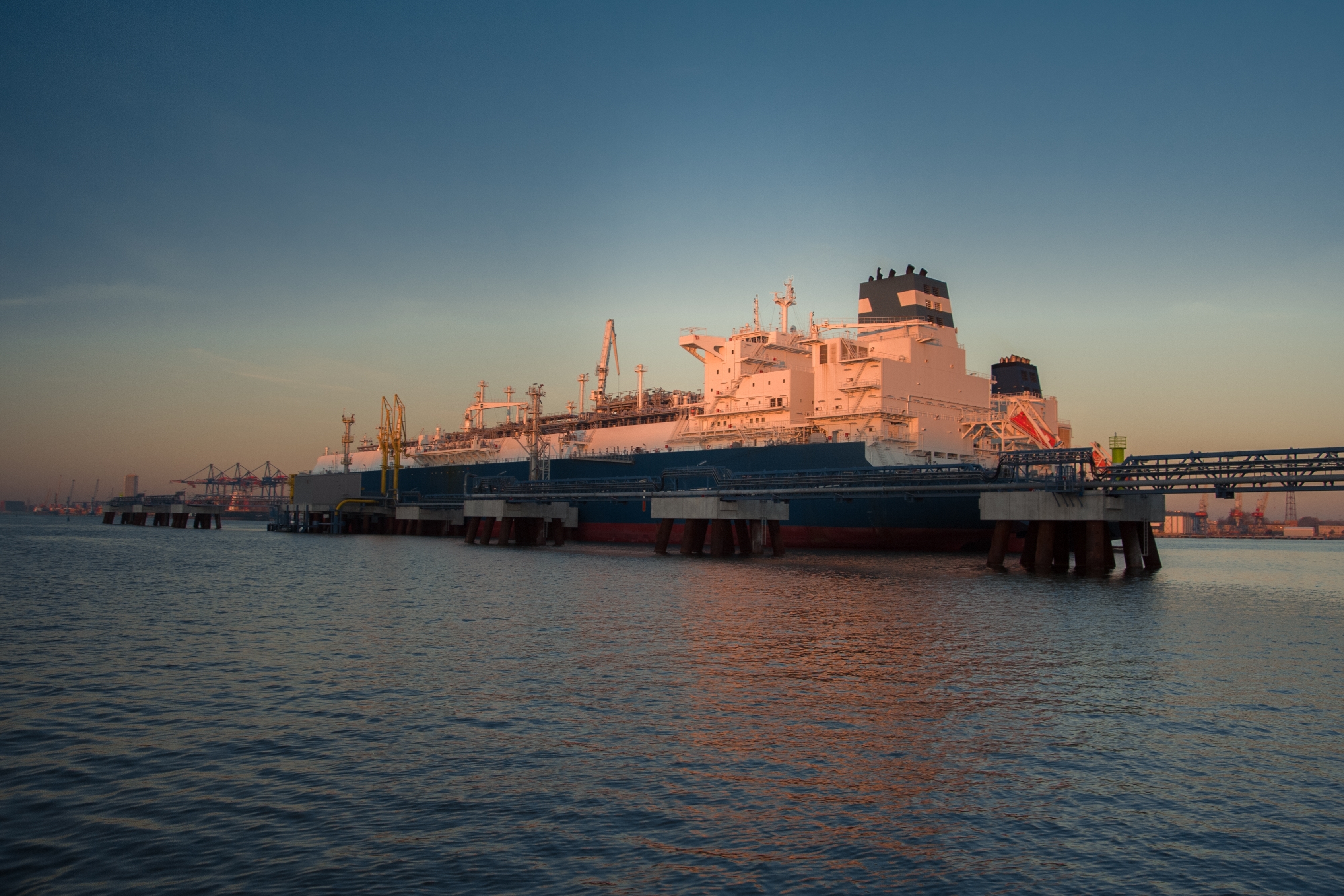Norwegian firms in final round of bidding for First Gen offshore LNG project
- March 19, 2021
- 0

Norway-based liquefied natural gas (LNG) firms BW Gas Limited and Hoegh LNG Asia Pte. Ltd. have made it to the final round of First Gen Corporation’s bidding for the charter of a floating storage regasification unit (FSRU) of its interim offshore terminal project in Batangas City.
The two firms were particularly selected as preferred tenderers to supply the would-be terminal after First Gen subsidiary FGEN LNG Corporation completed the evaluation of submitted proposals, edging out Athens, Greece-based Dynagas Ltd. The three European firms were initially named in December 2020.
FGEN LNG is expected to announce the winning bidder by the end of the month.
An FSRU is a carrier capable of storing LNG, which also has an onboard regasification plant capable of returning LNG into a gaseous state, before supplying it directly into the gas network.
A typical FSRU has a storage capacity of between 125,000 and 170,000 cubic meters. According to the International Gas Union World LNG Report – 2020 Edition, approximately six percent of the global fleet of 541 LNG carrier vessels operate as FSRUs as of end-2019.
First Gen’s offshore terminal project will help the firm advance its goal to introduce LNG to the Philippines as early as the third quarter of 2022, as well as to serve the natural gas requirements of existing and future gas-fired power plants of other firms and FGEN LNG affiliates. First Gen President and COO Francis Giles Puno said yesterday that construction is set to begin next month.
All of the country’s five LNG power plants, which derive their fuel from the Malampaya gas field in Palawan, are also in Batangas. Malampaya’s natural gas reserves are expected to be depleted by 2027.